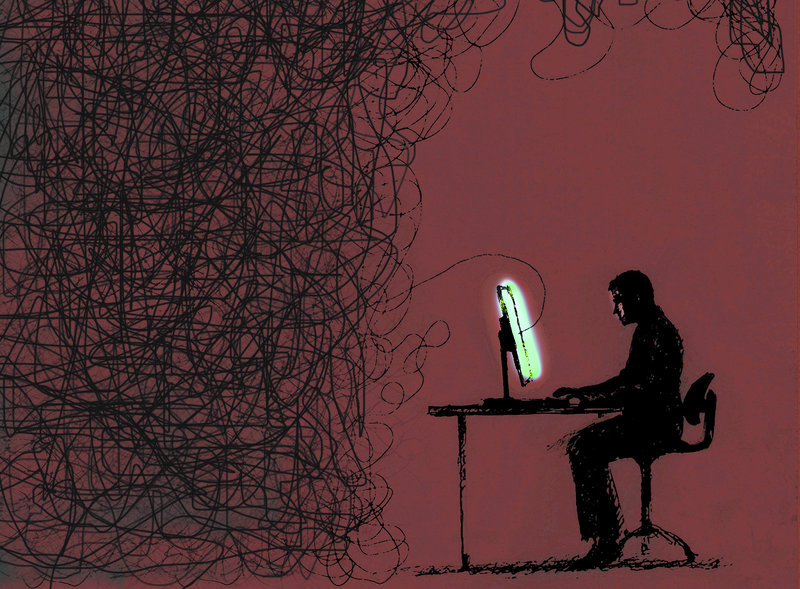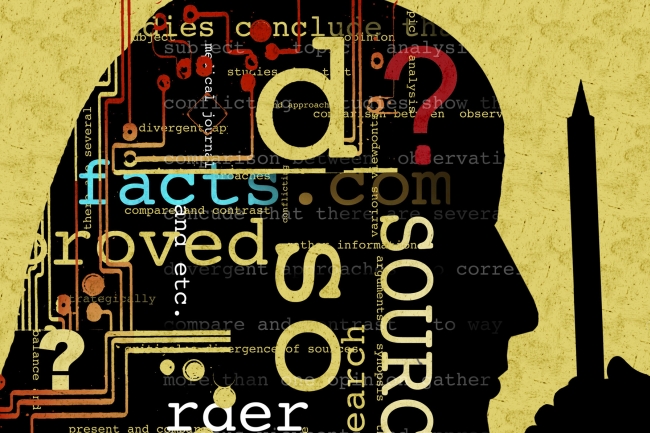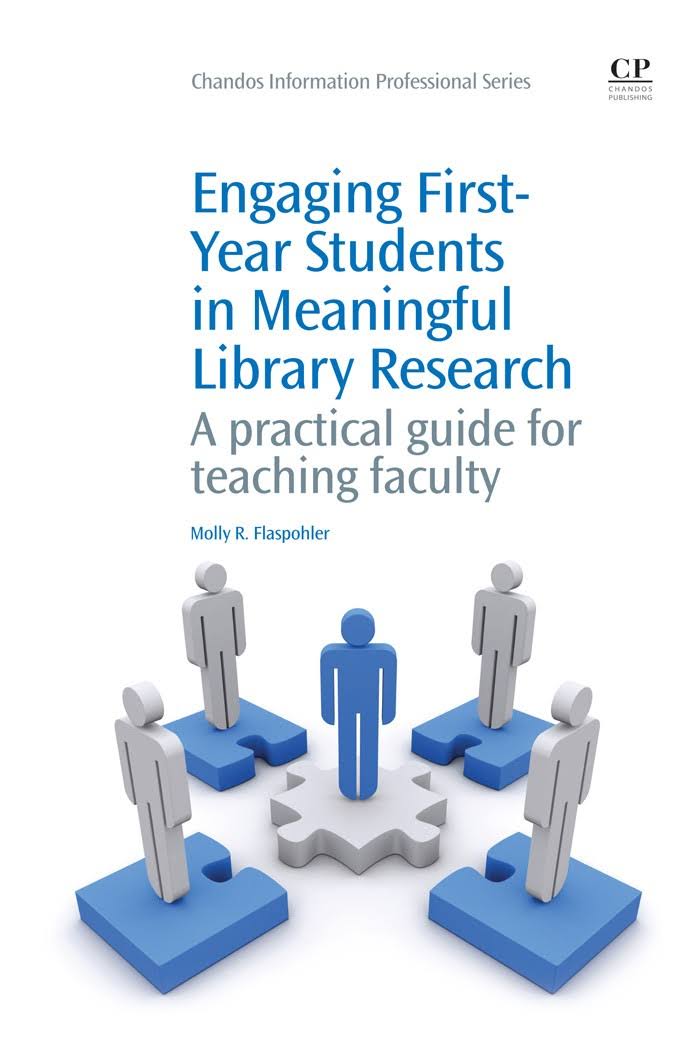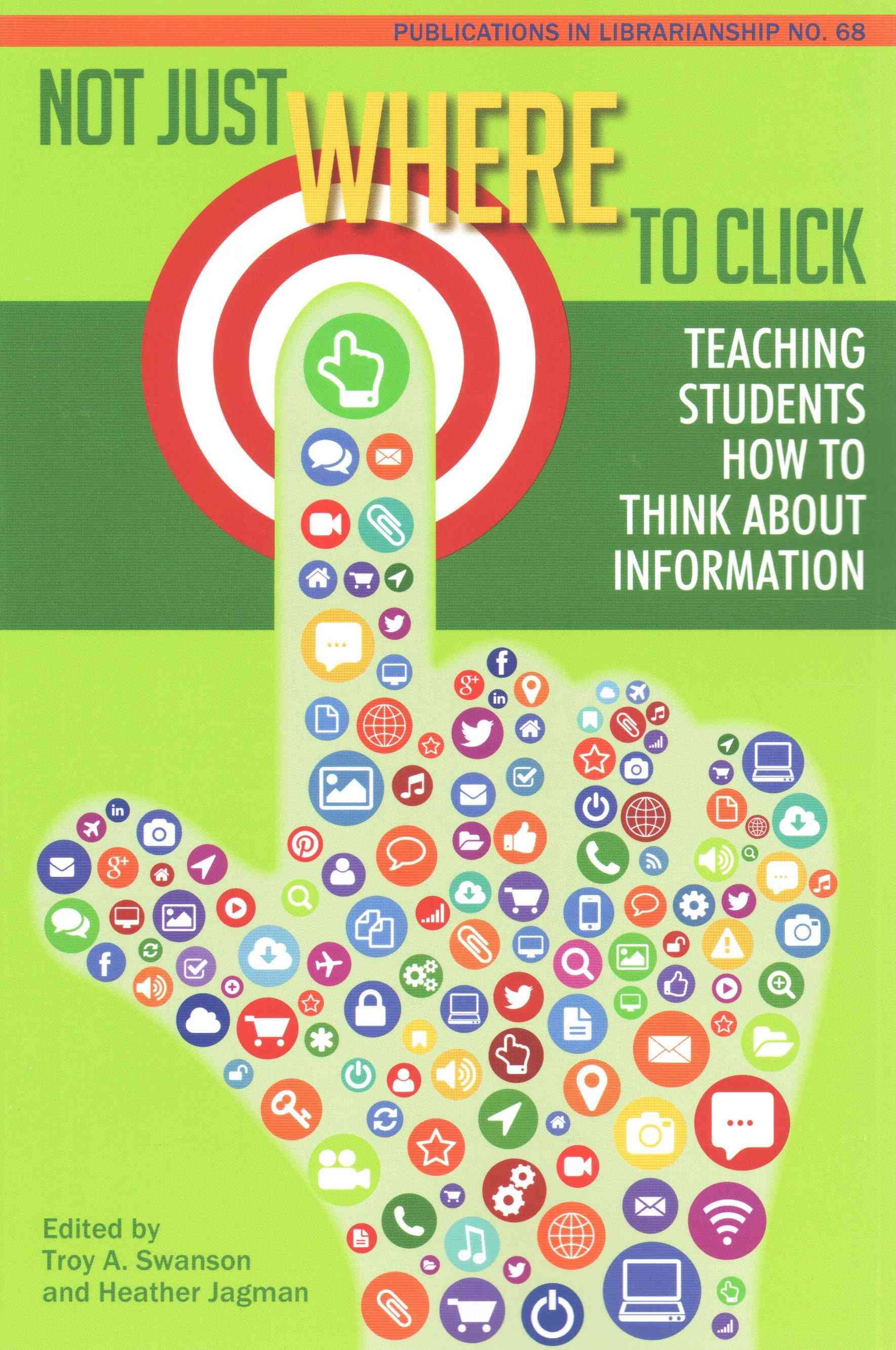Students as Researchers
Students are expected to acclimatize in many different ways during their first year of studies, and for many students, the process of academic research is completely new terrain.Ěý Many first-year students arrive with minimal previous experience writing research papers, and even less experience searching for information beyond Google. Not only do students arrive lacking the skills to perform academic research, they also miss the “big picture” context of their research (Head and Eisenberg, 2009), often have trouble formulating an argument, and have little concept of the time and investment that goes into proper academic research.
Students’ comfort with the internet and mobile technology has led many to credit them with higher research proficiency than they actually have, which often inflates faculty members’ expectations of their research skills and basic ability to find, evaluate, and use information when they begin their academic careers (Flaspohler, 2012). The academic landscape is new ground for first-year students, and faculty can help them adapt and become better and more critical researchers and synthesizers of information through mindful assignment design, research mentoring, and by providing opportunities for students to encounter and become familiar with key research sources in their discipline. Ěý
Faculties, Departments, and Schools at ±«Óătv have liaison librarians who provide research services and support to students and faculty in that area. Liaison librarians are well-versed in key discipline-specific research sources and tools, and can assist both students and faculty in creating research plans and effectively using of a wide range of information sources. Instructors and librarians can work together to assist students with their growing research needs and interests, and to help first-year students navigate those initial hurdles as they adjust to the expectations of university.
Ěý
In the news!
By Camila Domonoske
November 23, 2016
NPR
Gary Waters/Ikon Images/Getty Images
By Alison J. Head and John Wihbey
July 07, 2014
The Chronicle of Higher Education

Michael Morgenstern for The Chronicle
By Sam Wineburg and Sarah McGrew
November 1, 2016
Education Week

 Flaspohler, M.R. (2012) Oxford: Chandos.
Flaspohler, M.R. (2012) Oxford: Chandos.